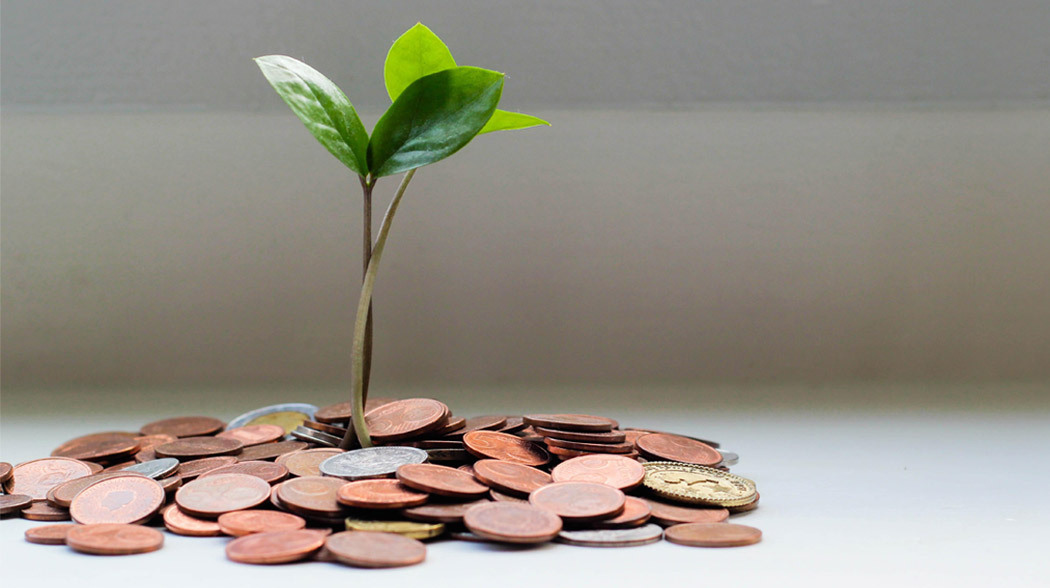We’ve pulled together a checklist to help get yourself organised this new financial year.
-
Check your subscriptions
Take this opportunity to identify unused or forgotten subscriptions you’re still paying for. A great way to do this is by auditing your bank statements or emails for receipts to understand where your direct debits are going every month.
By compiling a list, you’ll be able to evaluate what you’re using and what you can cut, saving money in the process. Check any auto renewals and cancel anything you haven’t made use of.
-
Review your insurance
The new financial year is a great time to review your insurance. Consider whether your current policy still matches your lifestyle.
Do your research on the options that fit you best. If you’re looking for more value from your private health insurance, have you considered AIA Health? AIA Health combined hospital and extras policies with AIA Vitality offer industry-first benefits & rewards. Policies also come with access to AIA Vitality, the science-backed health and wellbeing programme that rewards you for knowing more about your health and taking small steps to improve it.
-
Check your KiwiSaver
‘KiwiSaver’ isn’t something we think about often. Mostly, we’re aware it’s there and that a certain amount of our salary is deposited into it every month – but otherwise it tends to be largely forgotten about.
Use the new financial year as a prompt to do some Kiwisaver housekeeping. Check your fees and costs – has this changed? A financial adviser experienced in KiwiSaver can help you make sense of your investment and check whether your fund type is the right one for you.
If you do make a change, be sure to update your details with your employer as well.
-
Take stock of (and deal with) any debts
A new financial year represents a good opportunity to examine your broader relationship with money. Taking an honest account of any debt that you hold is the first step towards formulating a plan to tackle it.
The end of a financial year is also a great chance to set some goals for the coming 12 months – whether that’s saving for a house deposit, a renovation, a holiday, or paying down debt.
Physically writing down your goals has been demonstrated to increase your likelihood of achieving them. So, take some time to think about what you want financially from the year to come and commit it to paper.





